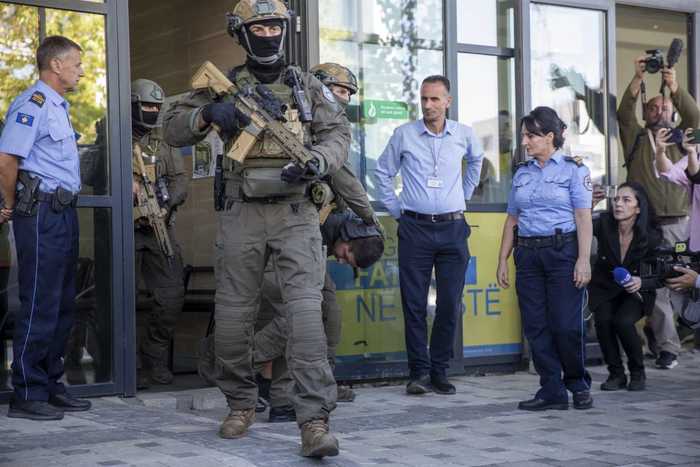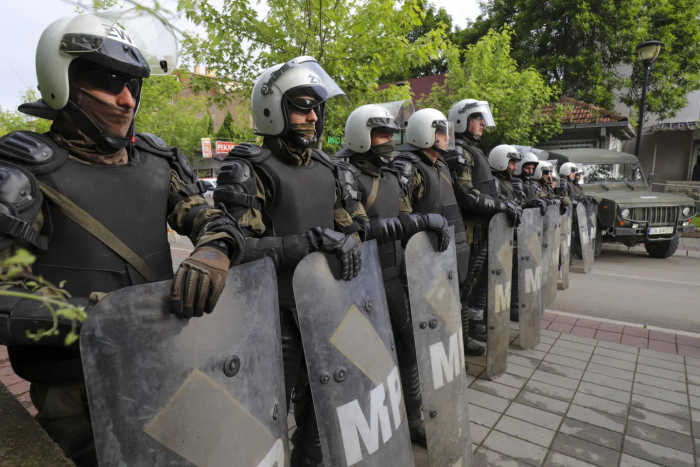Published 08:54 IST, January 15th 2024
U.S. nods to Kosovo's Javelin missile purchase, igniting regional geopolitical sparks
The U.S. has granted approval for the sale of 246 Javelin anti-tank missiles and 24 launch units to Kosovo, totaling $75 million.
Advertisement
In a decision likely to reverberate across the Balkans, the U.S. government has approved a potential sale of 246 Javelin anti-tank missiles and 24 lightweight command launch units to Kosovo, amounting to an estimated cost of $75 million. This move, announced by the U.S. Defense Security Cooperation Agency on January 11, positions Kosovo as the third customer for Javelin missiles in the region. The approval follows Albania's procurement of Javelins in 2022 and Romania's recent green light for the purchase of 263 missiles.
The announcement of Kosovo's request for Javelin missiles has elicited a strong reaction from Serbian President Aleksandar Vučić. A staunch ally of Russia, Vučić voiced "deep disappointment" in response to the news. The potential sale adds a layer of complexity to the already strained relations between Kosovo and Serbia, marking a pivotal moment in the geopolitical landscape of the Balkans.
Advertisement
NATO reinforces peacekeeping presence
In response to escalating tensions, NATO recently deployed an additional 700 peacekeeping troops to Kosovo, marking one of the worst escalations in the region in at least a decade. Clashes between Serbs protesting in North Kosovo and the NATO-led Kosovo Force (KFor) on May 29 resulted in injuries to both NATO soldiers and Serbs. The deployment aims to restore stability, but a lasting resolution to the longstanding conflict remains uncertain.

Meanwhile, the decision comes against the backdrop of heightened tensions between Kosovo and Serbia. Last fall, violence erupted in a Kosovan village, resulting in the death of a Kosovar police officer during a firefight with ethnic Serbs. In the aftermath, Kosovo's Prime Minister Albin Kurti accused ethnic Serb paramilitary forces of training in Serbia before the incident. This allegation, vehemently denied by Belgrade, raised concerns about a potential breach of a contract between the U.S. and Serbia regarding the end-use of American military equipment.
Advertisement
Balkan background: Kosovo and Serbia dynamics
Kosovo, once a province of Serbia, declared unilateral independence in 2008 and is recognized by around 100 nations, including the U.S. and several EU members. However, an ethnic Serb minority in northern Kosovo, constituting about 5.3% of the country's population, does not recognize Kosovo's state institutions and maintains ties with Serbia. Tensions have periodically flared since 2008, often involving clashes between Kosovo's police and the Kosovo Serbs.

The intricacies of the Kosovo-Serbia relationship extend to Kosovo's quest for UN membership. While Kosovo seeks international recognition, Serbia, backed by diplomatic allies Russia and China, holds the power to veto Kosovo's accession to the UN. The geopolitical chessboard in the Balkans continues to evolve, with the sale of Javelin missiles introducing a new dimension to the ongoing regional complexities.
Advertisement
08:54 IST, January 15th 2024